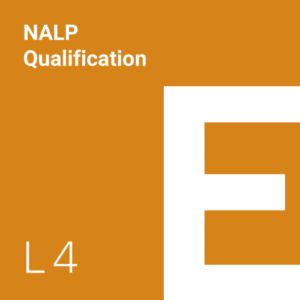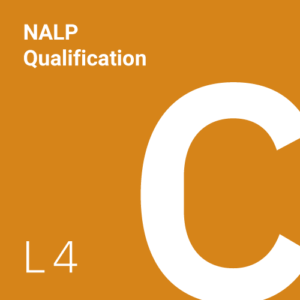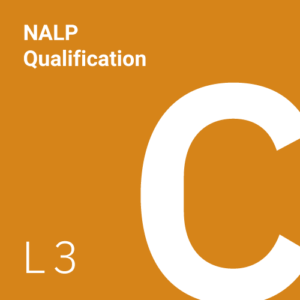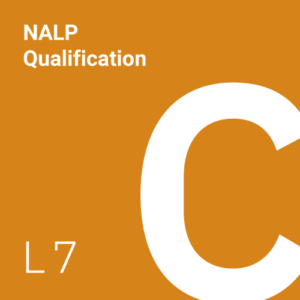- CPD Courses
- NALP Paralegal Qualifications
- Level 3 qualifications
- L3 Certificate for Paralegal Technicians
- L3 Introduction to Law for Paralegals
- L3 Legal Ethics and Responsibilities for Paralegals
- L3 Wills and Succession for Paralegals
- L3 Civil Litigation for Paralegals
- L3 Criminal Litigation for Paralegals
- L3 Commercial Law for Paralegals
- L3 Conveyancing for Paralegals
- L3 Employment Practice for Paralegals
- L3 Consumer Rights and Remedies for Paralegals
- Level 4 qualifications
- NEW Level 4 Certificate for Associate Paralegals
- L4 English Legal System – Single Unit
- L4 Contract Law – Single Unit
- L4 Law of Tort – Single Unit
- L4 Criminal Law – Single Subject
- L4 Wills, Intestacy & Family Provision – Single Unit
- L4 Civil Litigation – Single Unit
- L4 Criminal Practice – Single Unit
- L4 Matrimonial & Civil Partnerships – Single Unit
- L4 Conveyancing – Single Unit
- L4 Succession – Single Unit
- Level 7 qualifications
- How to choose
- Comments from our Learners
- FAQ
- Recognition of prior learning
- FAQ
- About
- News
- Contact
Level 4 Certificate for Associate Paralegals
This qualification is ideal for those who’ve previously studied Law, including NALP Level 3, ILSPAs Legal Secretary Diplomas and A Level or T Level Law, or have completed the Level 3 Paralegal Apprenticeship.
The Level 4 Certificate for Associate Paralegals is the benchmark paralegal qualification without the cost and time factor of studying an undergraduate degree in law.
Replacing the Level 4 Diploma, this paralegal qualification with expand and enhance your understanding of the English legal system and help you develop the practical skills you need to be an effective paralegal.
What's included
- All course material
- Assignment and test marking
- Full tutorial support
- 1 year NALP affiliate membership
- Certificate on completion
Entry requirements
One of the following is required or equivalent – if unsure, please contact us or phone 0203 745 5513
- NALP Level 3 Certificate for Paralegal Technicians;
- NALP Level 3 Certificate or Diploma in Paralegal Practice;
- Level 3 Paralegal Apprenticeship;
- Two ‘A’ Levels;
- ‘A’ or ‘T’ Level Law;
- International Baccalaureate Diploma;
- BTEC National Diploma (NVQ/GNVQ Level 3 or above);
- ILSPAs Legal Secretary Diploma;
- Access to HE Diploma;
- Foundation Year Degree;
- Non-UK Equivalent Qualifications. Please contact us to confirm eligibility.
Please Note: The NALP Level 4 Certificate for Associate Paralegals is only available in English.
If your first language is not English then you must be able to provide evidence that your spoken and written command of the English Language is adequate for the qualification for which you have applied. e.g. IELTS Level 6, GCSE English.
Assessment
This qualification is assessed in two parts. Multiple Choice Question Papers (accounting for 60% of the final mark) and written assignments (40%).
There are 4 MCQ Papers – 1 for each unit. You will be informed by your Training Centre of the next available assessment slot
There are 4 assignments – 1 for each unit. Assignments are undertaken on demand as you complete each unit. They need to be returned to the Training Centre within 3 weeks.
Assignments are marked and graded either with a Pass (45 – 64%), Merit (65 – 79%) and Distinction (80-100%).
Tutors are on hand to answer any queries that the learner may have and give unlimited help and guidance if there is anything that the learner may not fully understand with regard to the material.
Compulsory units
Aim of This Unit
This unit will:
- Provide you with a sound understanding of employment law and practice.
- Enable you to engage with substantive employment rights and duties
- Enable you to effectively take part in the practice of employment law by contributing to the drafting of advice.
- Allow you to enhance your employability skills, and
- Develop a contextual understanding of ethics and professional conduct.
Learning Outcomes
You will learn:
- To understand the distinctions between different types of workers
- To identify the terms within Employment Contracts, their scope and impact
- To understand how the employment relationship can be lawfully terminated
- The principles and practice of ‘unfair dismissal’; ‘wrongful dismissal’ and redundancy
- Apply the law on employees’ rights under both statute and common law
Aim of This Unit
This unit will provide you with the practical skills to:
- Be able to understand how the law is used to regulate human conduct within the State
- Be aware of how laws are made, altered and repealed
- Be aware of the various ways in which disputes are resolved, and
- Be aware of the different personnel involved in the enactment and interpretation of the law and the resolution of legal disputes.
Learning Outcomes
Completing this unit will give you:
- A thorough understanding of the structure of law
- An understanding of the types of legal personnel
- A detailed knowledge of how law is made, and
- An understanding of the importance of Alternative Dispute Resolution (ADR)
Aim of This Unit
This unit will provide you with the skills to understand:
- What constitutes a crime
- The different categories of criminal offences, including murder and manslaughter and other lesser offences
- The elements that are required to be present in order to convict an individual and the defences that may be available
Learning Outcomes
You will learn to:
- Understand the nature of Criminal Law
- Analyse the elements of a crime
- Discuss the general defences
- Understand the types of Homicide and the special defences available
- Understand other types of crime including theft, robbery, burglary, fraud and criminal damage
- Understand how an offence may be attempted
Aim of This Unit
This unit will help you to:
- Understand the rules requiring persons to have a duty of care towards other persons and to compensate others if there has been a breach of that duty of care.
- Have an awareness of which infringements constitute a tort in law and the remedies that are available for such infringements.
Learning Outcomes
Completing this unit will give you an understanding of:
- The nature of liability in Tort
- The concept of negligence
- The concept of Vicarious liability
- Occupiers’ liability
- The general defences which may be available in Tort
- The remedies available in Tort
Qualification
Level 4 Certificate for Associate Paralegals
Compulsory units
- The English Legal System
- Law of Tort
- Criminal Law
- Employment Law & Practice
Study type
Distance learning



